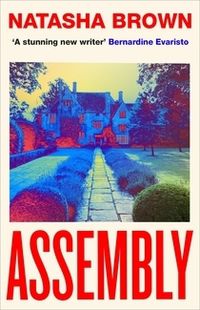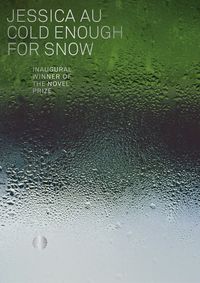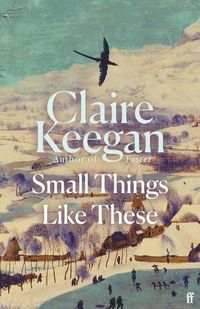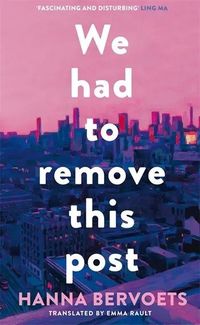For those who are struggling to hold the threads of longer narratives right now, we recommend these six short novels for their brevity and staying-power. You’ll be thinking about each of these stories long after their final page.
At 112 pages:
Assembly by Natasha Brown
A blistering and unignorable literary debut about Blackness and whiteness in modern Britain.
Over the course of twenty-four hours, the whip-smart young narrator of Assembly receives a cancer diagnosis, decides not to tell her posh white boyfriend, accepts a long-awaited promotion from her toxic boss - and wrestles with the question of her own existence. She has spent her twenties climbing against the current, overcoming adversity, being twice as good, always reaching for that glass ceiling. But what has it all been for? And why should she fight for a life that has never truly been hers?
Cold Enough for Snow by Jessica Au
A young woman accompanies her mother on a holiday in Japan. The daughter has arranged their itinerary. They travel by train, visit galleries and churches chosen for their art and architecture, eat together in small cafés and restaurants and walk along the canals at night, on guard against the autumn rain and the prospect of snow. All the while, they talk, or seem to talk: about the weather, horoscopes, clothes and objects; about the mother’s family in Hong Kong, and the daughter’s own formative experiences. But uncertainties abound.
How much is spoken between them, how much is thought but unspoken?
At 128 pages:
They by Kay Dick
Lost for over forty years, They (1977) is a rediscovered dystopian masterpiece.
They are coming closer. They begin with a dead dog, shadowy footsteps, confiscated books. Then, the National Gallery is purged; motorway checkpoints demarcate Areas, violent mobs stalk the countryside, destroying cultural artefacts - and those who resist. The surviving writers, artists and thinkers gather together, welcoming ‘dissidents’ like the unmarried and the childless. These polyamorous communities preserve their crafts, create, love, and remember. But as ‘subversives’ are captured in military sweeps, cured of identity, desensitised in retreats, they make it easier to forget …
Small Things Like These by Claire Keegan
It is 1985 in a small Irish town. During the weeks leading up to Christmas, Bill Furlong, a coal merchant and family man faces into his busiest season. Early one morning, while delivering an order to the local convent, Bill makes a discovery which forces him to confront both his past and the complicit silences of a town controlled by the church.
At 144 pages:
Paradais by Fernanda Melchor (translated by Sophie Hughes)
Inside a luxury housing complex, two misfit teenagers sneak around and get drunk. Franco, lonely, overweight, and addicted to porn, obsessively fantasises about seducing his neighbour-an attractive married woman and mother-while Polo dreams about quitting his gruelling job as a gardener in the gated community and fleeing his overbearing mother and their narco-controlled village.
Facing the impossibility of getting what they think they deserve, Franco and Polo hatch a mindless and macabre scheme.
We Had to Remove This Post by Hanna Bervoets (translated by Emma Rault)
Kayleigh needs money. That’s why she takes a job as a content moderator for a social media platform whose name she isn’t allowed to mention. Her job: reviewing offensive videos and pictures, rants and conspiracy theories, and deciding which need to be removed. It’s gruelling work. Kayleigh and her colleagues spend all day watching horrors and hate on their screens, evaluating them with the platform’s ever-changing moderating guidelines.
Yet Kayleigh is good at her job and in her colleagues, she finds a group of friends, even a new girlfriend - and for the first time in her life, Kayleigh’s future seems bright. But soon the job seems to change them all, shifting their worlds in alarming ways.








